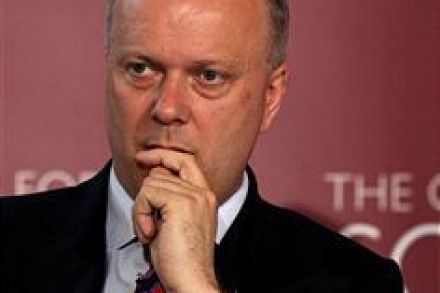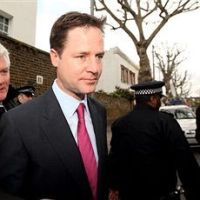Who is missing?
The Cabinet is taking shape, admittedly with one or two surprises and not all of them good ones. There is still a way to go, even though action has already been taken on the NI increase. I understand that Michael Gove will be education secretary, which obviously leaves the hugely impressive David Laws to find another brief. Work and Pensions is a possibility, a job that has also been earmarked for the equally impressive Philip Hammond. There is a very obvious lack of women – Sarah Teather is highly regarded on the Lib Dem side, probably more so than her counterparts on the Tory side. I’ve heard rumours that she’s

















